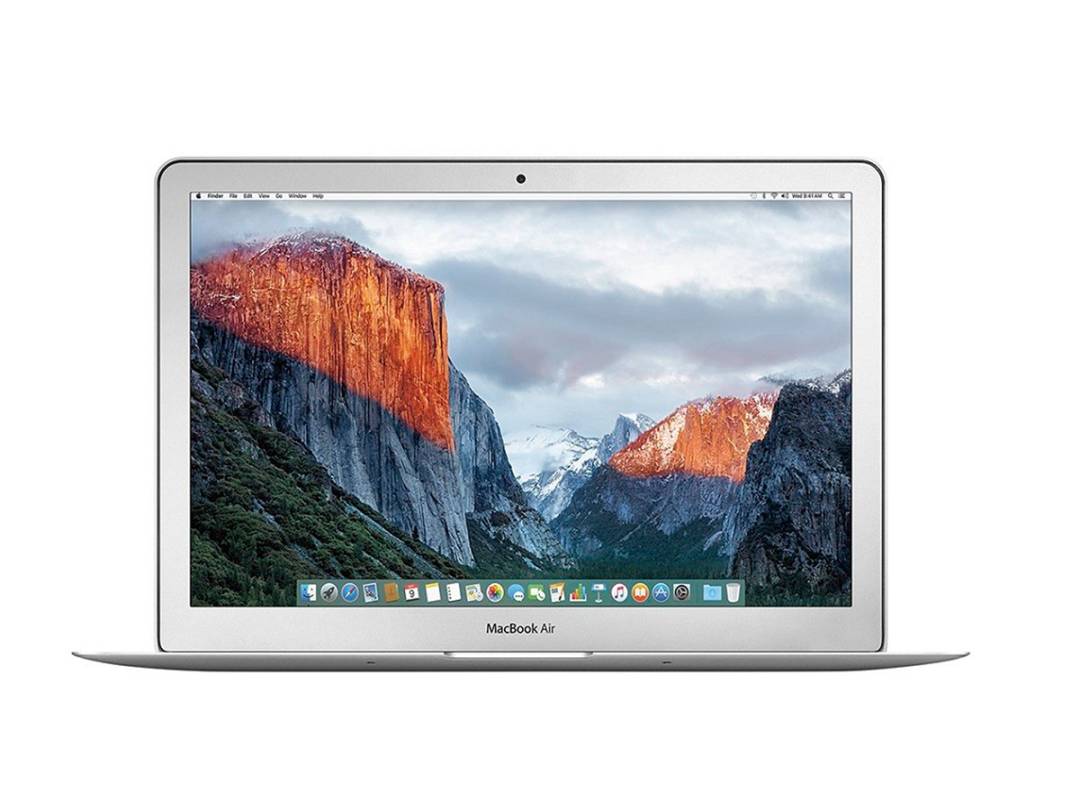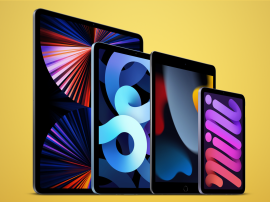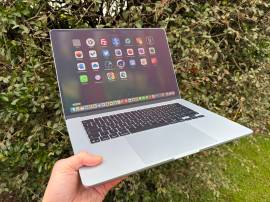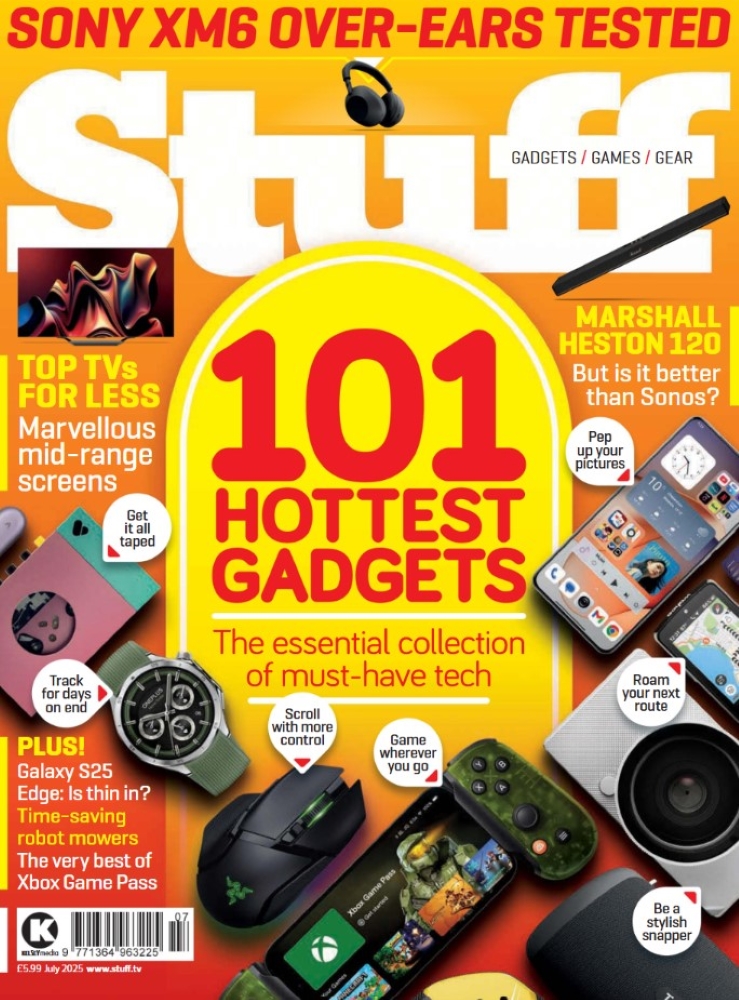Got an Intel-based Mac? Here’s why you’ll want to replace it over the next couple of years
When macOS 27 comes out in 2026, it will be six years since the last Intel Macs were released. Here's why you'll want to upgrade

If you are still running an Intel-based Mac laptop or desktop you’ll probably want to upgrade over the next couple of years. Read on to find out why.
All Macs announced after late 2020 have used Apple’s own M1, M2, M3 and M4 series chips, known as Apple Silicon, with previous Macs (2005-2020) running on Intel processors. Going back even earlier, Macs used IBM-derived PowerPC chips.
In 2005, Steve Jobs said: “Our goal is to provide our customers with the best personal computers in the world, and looking ahead Intel has the strongest processor roadmap by far. It’s been ten years since our transition to the PowerPC, and we think Intel’s technology will help us create the best personal computers for the next ten years”. In fact, it was 15 years before Apple switched again, determined to make the most of its own processor advancements on mobile including increased battery life and more control over both the hardware and software.
Until now, Apple has continued to suppprt Intel Macs. A lot of people are still using them, particularly since some of the high performing hardware on sale in the latter part of the last decade (hello Mac Pro and iMac Pro) was not cheap and was designed to perform well into the future.
However, software support for Intel Macs is soon to end.
How was the change announced?
The change emerged during Apple’s WWDC25 developer conference in June during a session that Apple calls ‘Platforms State of the Union’. It was announced that this year’s macOS 26 Tahoe will be the last to support Intel-based Mac laptops and desktops.
The change isn’t surprising although it means 2019 and early-to-mid 2020 Macs will lose support earlier than they otherwise would. By late 2026 when macOS 27 comes out, it will be six years since the last Intel Macs were released and nearly the same amount of time since the first Apple Silicon Macs.
So what’s next if you use an Intel Mac?
The bottom line is that you won’t be able to upgrade the operating system on your Intel Mac after you get the macOS26 update (providing your Intel Mac is capable of getting it). Your Mac won’t suddenly stop working. Apple will continue to release security updates for three years (presumably from September 2025).
But you’ll definitely want to have moved on by mid-2028 in my opinion as Apple won’t update your Mac against security threats and other things that early computer magazines called ‘net nasties’.
Which Intel Macs will get the macOS 26 Tahoe update?
For macOS 26 Tahoe, Intel-based Macs that meet the system requirements will get access to the new Liquid Glass design, Spotlight and Continuity updates. You’ll also get the new Phone app for macOS.
As you may know, Intel Macs don’t support selected features like Apple Intelligence (which uses the neural processor present on Apple Silicon chips).
macOS 26 supported Intel-based Macs include MacBook Pro (16-inch, 2019), MacBook Pro (13-inch, 2020, four Thunderbolt 3 ports), iMac (27-inch, 2020) and Mac Pro (2019). It is a little weird for me to look at that list knowing that some of these machines were some of the most powerful PCs on the market at the time.
The Mac Pro cost $5999 for the base model at the time and was supremely powerful, running Intel Xeon server chips.
It’s also hard not to feel sorry for those people who bought the 2019 Mac Pro (at great cost, starting at $5,999) when Apple Silicon was only just around the corner (though we were still four years off an Apple Silicon Mac Pro).
App developers need to migrate fully to Apple Silicon, too
During the talk where it announced the news of the end of Intel support, Apple suggested that app developers should complete any outstanding work needed to migrate fully to Apple Silicon saying that it will support the Rosetta emulation technology for macOS 26 and even macOS 27 – meaning apps and technologies designed for Intel Macs only can still run officially until macOS 28 starts to appear two years from now.
During his address, Apple’s senior director of developer relations added: “Apple Silicon enables us to achieve things that were previously unimaginable and it’s time to put all of our focus and innovation there.
“If you’ve not done so already, now is a great time to help your users migrate to the Apple silicon version of your apps.”
Imagine the Future, Shape What’s Next – Stuff’s IFA 2025 coverage powered by Acer
Acer took centre stage at IFA 2025 with its next@acer Global Press Conference where it showed how to empower people to do more, whether you’re working, gaming, or just living life. Experience the latest in Copilot+ PCs and AI laptops with eco-conscious designs plus super gaming portables, too. Check out the full Acer IFA 2025 lineup.




